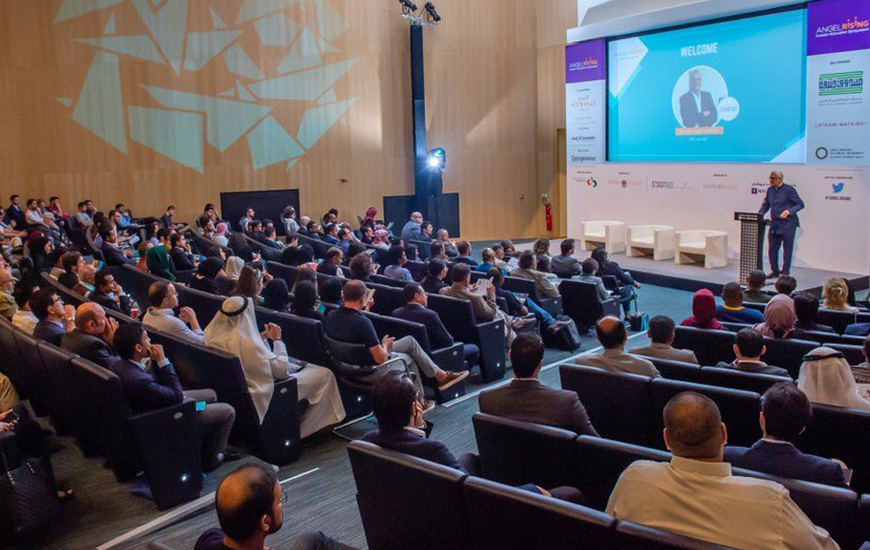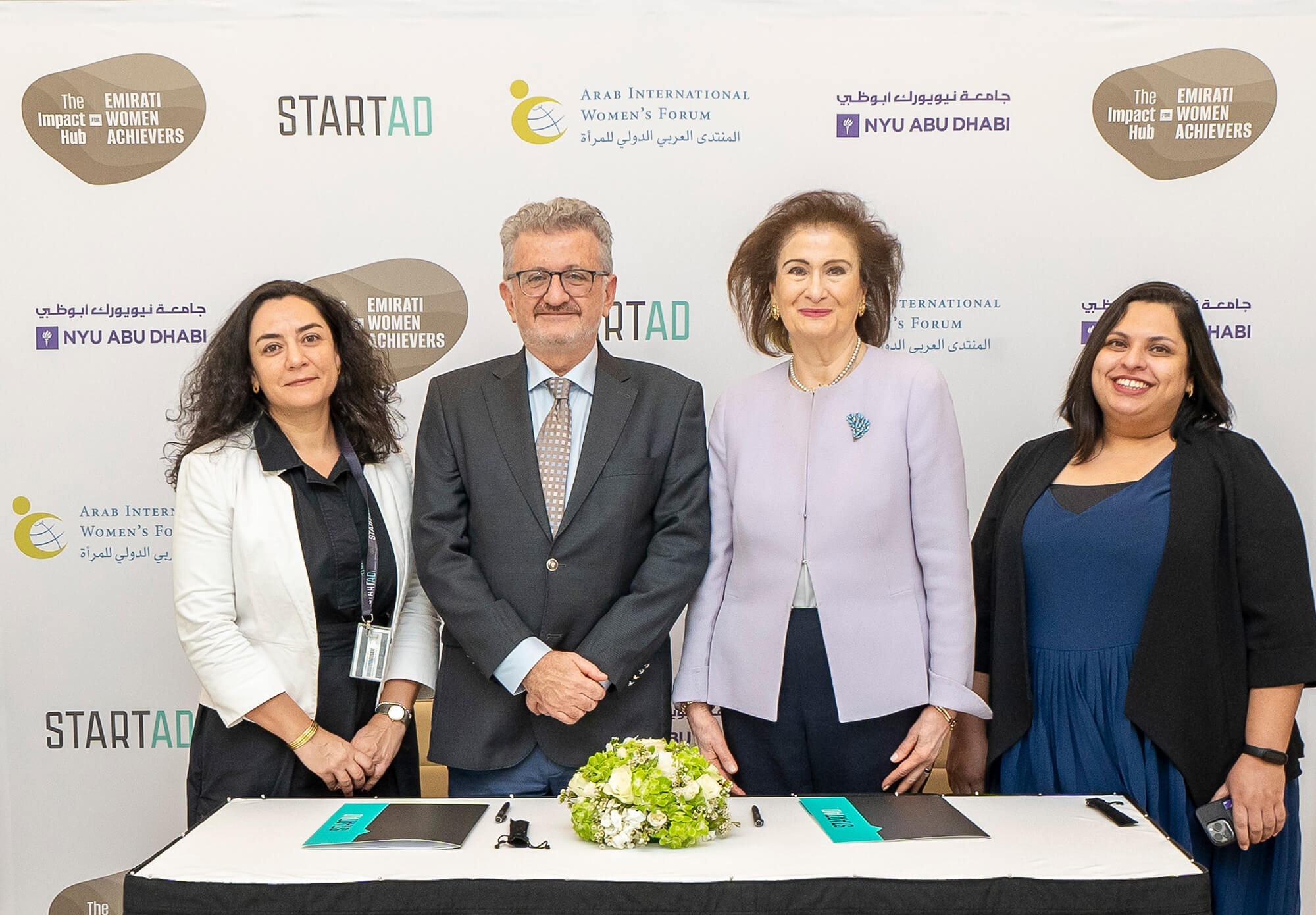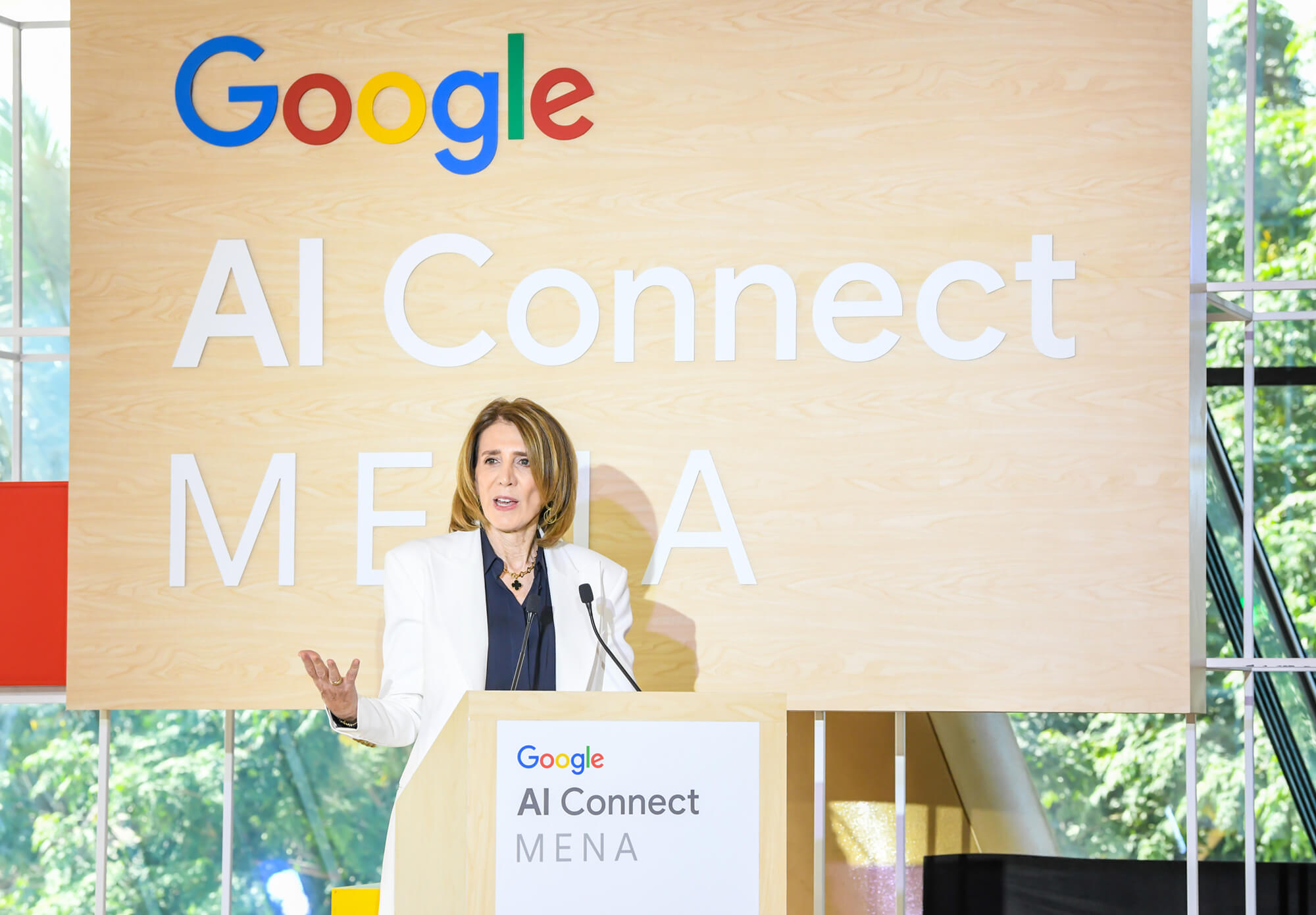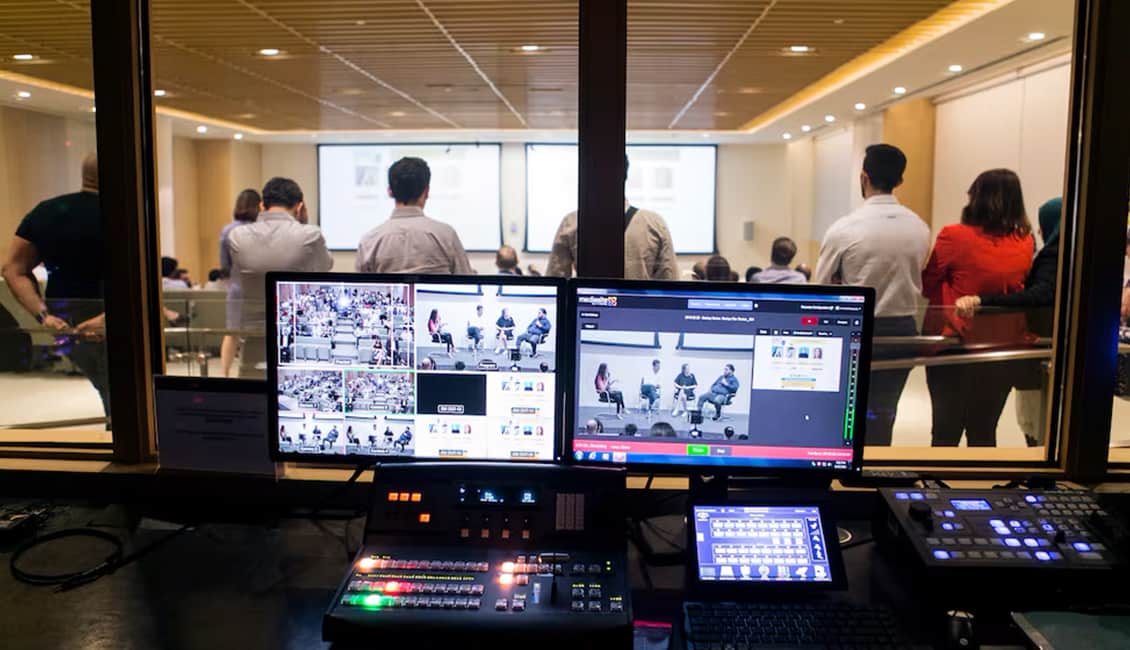
For us in the Middle East, we need to recognize that we are part of a global entrepreneurial and investing game- some would call it a race. This opportunity is much greater than the MENA alone.
Having just wrapped up the Financial Sector Conference here in Riyadh, it struck me that something may be clicking with venture capital in the region. This event came less than a month after we at VentureSouq hosted the fifth annual edition of Angel Rising in Abu Dhabi. Five years ago, what we were doing didn’t make sense to a lot of people. We had picked up on something, which is that the “investor side” of the equation was being taken for granted. We had programs to help entrepreneurs get their businesses off the ground, but nothing to guide people on how best to invest into these entrepreneurs.
We wanted to teach investors, and in so doing, turn people into investors. I believe that angel investing is not just about providing capital to startups, but rather it’s about experienced entrepreneurs providing support and expertise to help new companies grow and thrive in today’s market. Angels critically assess and evaluate the potential prior to investing, and they rarely invest in a venture where there is no added value beyond money only. They complement the hustle, technical skills, and market pulse that startup founders have with robust industry expertise and sound judgement.
Angel Rising helps to educate angel investors by sharing success stories from globally recognized VCs, super angels, startup founders, and ecosystem builders from the region and around the world. This year (thanks to the event’s sponsors, who included Etihad Airways, in addition to the UAE Ministry of Economy) we were able to fly in amazing speakers from all over the world. The content reflected the diverse backgrounds of the speakers. The theme was “Looking East,” with a specific focus on China, India, and sub-Saharan Africa. We talked about how technology is penetrating these markets at a rapid pace, about the flow of investment into and out of these regions, as well as the number of unicorns that have been born there in the last few years.
So, when you convene some of the most influential voices representing the most interesting global technology growth markets in the world, what is the main message that comes out? In my view, it’s that we are all playing in a field that faces connected challenges, but also has connected opportunities. We should be viewing our opportunity to be across all of these markets. When you do, it looks significantly bigger than a GCC or MENA opportunity alone.
For instance, we looked from the vantage point of China. Winston Ma, CEO of China Silkroad Investment, discussed China’s proliferation of software accelerators, now the largest number in the world. Ken Miller, formerly a Vice Chairman-level banker with both Merrill Lynch and Credit Suisse, and now President and CEO of Ken Miller Capital, challenged that the China’s output is having a global impact on the number of incubators and accelerators, and that this is creating a bubble; most of them will disappear soon. He made a similarly critical and sarcastic comment about global VCs: “Everyone is involved in VC investing these days. If you are not managing US$400 million, you’re a nobody.” And both discussed a common refrain that we hear here in MENA, that offshore structures are critical for startups, allowing companies to be listed in regional or global markets as an exit. A clear message throughout: what happens in China is affecting, and often times, inflating the rest of the world.
We then moved to India with Vani Kola, founder and Managing Director of Kalaari Capital, probably the most prominent female investor in India, and Anshuman Bapna, Chief Product Officer at Goibibo (MakeMyTrip Group). In India, the flow of external VC money has increased by 10x over the last 10 years. As a result, startups are getting stronger every passing year, and probably with the same net multiplier. Again a clear message: investing in India is a long-term game, but the growth prospects within India alone make it worthwhile.
We also heard from Pule Taukobong, Founding Partner at CRE Venture Capital, the most active seed stage investor in sub-Saharan Africa, who highlighted some amazing African-founded, African-based companies. Many of these companies are servicing clients outside Africa. They are totally homegrown in how they have launched, product-developed, sourced talent, and scaled, but they’re servicing markets far away from Africa. He cleverly referred to this as a “glocal” business model, with the message being that Africa’s market is not limited to the shores of the continent.
Finally, Jillian Manus, Managing Partner of the US-based Structure Capital focused on the 21st century business model of not only returning cash, but also focusing on contributions to society. They look at the “values” of companies before the “valuations.” She was asked to compare China to the US, and she surprisingly commented that China is now moving ahead of the curve. Silicon Valley is now starting to follow some of China’s innovative methods that have been tested over a massive market, and are now disrupting the global tech ecosystems. Clear message: the Chinese are indeed a force to be reckoned with.
How does this all relate to the GCC, and particularly Saudi Arabia? Events like Angel Rising and the Financial Sector Conference show us that the market for investing into technology is ripe.




